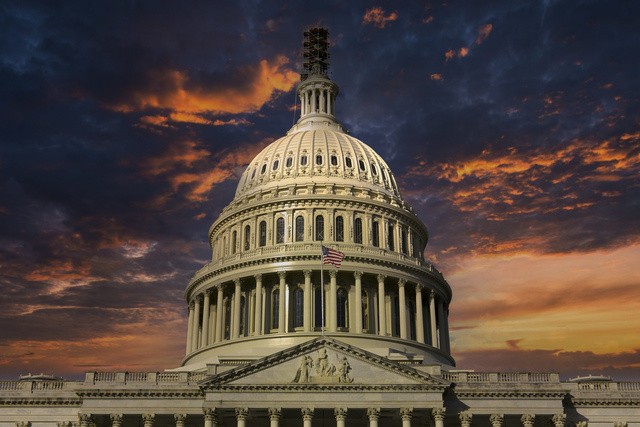Specific changes hover over the U.S. asylum landscape as Senate negotiators unveiled a long-anticipated border deal on Sunday. This significant deal incorporates extensive reforms, including intensified measures against asylum and parole.
The bipartisan team of lawmakers, notably Sens. James Lankford, Krysten Sinema, and Chris Murphy, took several months to hash out this agreement with White House officials. Their primary objective is to rectify the ongoing crisis at the southern border. Interestingly, the deal is part of a larger picture - supplemental spending encompassing billions in foreign assistance to Ukraine and Israel.

Adapting Amidst Political Tensions
Despite its considerable potential, the approval of the agreement through the house remains uncertain. House Republicans have expressed unease, labeling the bill a non-starter unless it includes critical components from H.R.2, their border bill. This demand is currently opposed by Senate Democrats, whose dismissal of H.R.2 heightens political tension further.
As negotiations continue to find a successful compromise, Johnson has pledged $17.6 billion in emergency funding to support Israel. This decision contrasts the Biden administration's initial supplemental request, seeking over $100 billion in funding, including $14 billion for the border.
The New Face of Border Legislation
Sunday's proposed legislation tips the funding scales at over $118 billion, alongside 50,000 new visas in the pipeline. The extended negotiation has led to a comprehensive border proposal that seeks control over the asylum system, currently overwhelmed by record numbers of migrants arriving at the border.
The bill exhibits a tightened grip on the system, enforcing stringent and rapid measures. Under the proposed regulations, if illegal border crossings exceed an average of 5,000 daily for five consecutive days, an expulsion authority will activate automatically. Subsequently, migrants would be returned to Mexico without any opportunity to stake an asylum claim.
Adjustments Amidst the Migrant Influx
President Biden, referencing the measure, has stated his resolve to "shut down the border" as soon as the bill becomes law. The legislation assigns $20 billion to immigration enforcement, recruiting thousands of new officers to evaluate the increasing number of asylum claims and additional Border Patrol agents.
In light of the ongoing influx of migrants, funds will also be allocated to shelters and services across U.S. cities struggling to accommodate the growing population. Migrants seeking asylum will face a stringent, accelerated process to have their claim evaluated, with quicker initial credible fear screenings and interviews occurring within days of arrival.
The Future of Border Security
Senate GOP leader Mitch McConnell attributes the border crisis to the Biden administration, emphasizing, "It is time to force the President to start cleaning up his mess and equip future leaders with a system that works and new emergency tools to restore order." Sens. Kyrsten Sinema and James Lankford, vocal in their critiques, insist on the urgent need for these amendments to solve the border crisis.
As the outlines of a new border approach become apparent, the ultimate fate of this legislation lies with the Senate, with Majority Leader Chuck Schumer suggesting a vote could come as early as Wednesday. The decision now raises a question: will the Senators endorse the package to solve the crisis, or will they uphold the status quo? The fate of the southern border hangs in the balance.




